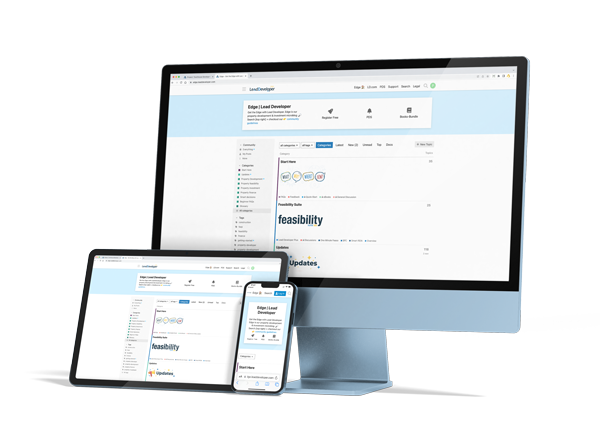Increasing Property’s Return Checklist
1. Maximizing Rental Income
- Regular Rent Review: Adjust rents annually rather than making large increases sporadically.
- Property Upgrades: Enhance property features (e.g., adding air conditioning, a dishwasher) to justify higher rents.
- Competitive Pricing: Ensure rents are aligned with market levels.
2. Minimizing Tenant Turnover
- Long-Term Leases: Aim for longer lease agreements with reliable tenants.
- Property Maintenance: Keep the property in excellent condition.
- Responsive Management: Address tenant concerns promptly.
- Advance Marketing: Advertise vacancies early to reduce income loss.
3. Exploring Property Development
- Subdivision Potential: Consider subdividing large blocks for additional income.
- Local Council Consultation: Check with local authorities for development permissions and guidelines.
- Risk Assessment: Be aware of the increased risks in property development.
4. Banking and Financing
- Regular Bank Review: Contact your bank periodically for better deals.
- Comparison Shopping: Every two years, compare your current banking deal with the market.
- Service Consideration: Weigh interest rates against other banking services.
- Exit Fees Check: Before switching lenders, check for any pre-payment penalties.

 You are missing out if you haven’t yet subscribed to our YouTube channel.
You are missing out if you haven’t yet subscribed to our YouTube channel.
5. Maintenance and Renovation
- Curb Appeal: Enhance the external appearance of the property.
- Key Renovations: Focus on updating bathrooms and kitchens for the best ROI.
- Security Upgrades: Consider security enhancements in high-crime areas.
- Landscaping: Improve property aesthetics with cost-effective landscaping.
6. Reducing Operating Expenses
- Expense Review: Evaluate and find areas to cut operating costs.
- Utility Savings: Explore energy-saving measures like solar panels.
- Vendor Competitiveness: Regularly request bids for services to ensure competitive pricing.
7. Maximizing Tax Benefits
- Understanding Tax Incentives: Familiarize yourself with relevant tax deductions and benefits.
- Depreciation Schedule: Have a professional prepare a [depreciation schedule](Real Estate Glossary D [Part 3] for tax purposes.
- Capital Gains Strategy: Be aware of capital gains tax implications and strategies.
8. Being Prepared to Move On
- Market Monitoring: Keep an eye on neighborhood trends and be ready to sell if the area declines.
- Investment Reassessment: Regularly assess the performance of your property.
9. Adding Value Through Change of Use
- Land Use Optimization: Seek approvals for more productive land use.
- Conversion Opportunities: Explore possibilities like converting buildings to higher-value uses.
10. Effective Property Management
- Management Quality: Ensure your property is managed efficiently, whether personally or through an agent.
- Manager Accountability: Be ready to change managers if performance is not satisfactory.

Make It Real
 Start Your Journey Today!
Start Your Journey Today!
You are missing out if you haven’t yet subscribed to our YouTube channel.


